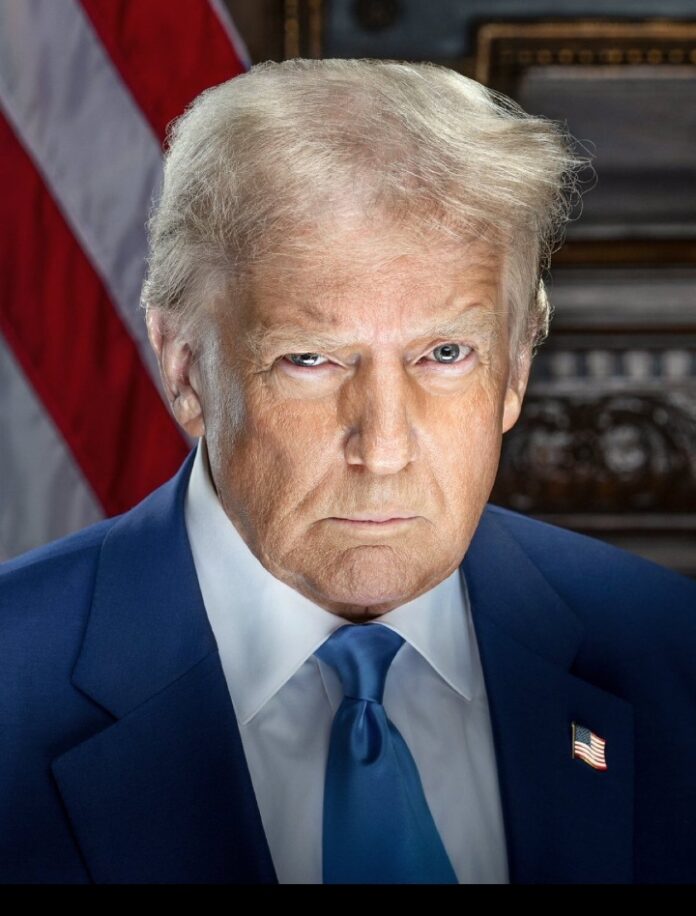Trump’s Return: Implications for Nigerian Politics and Economy”
Today marks a pivotal moment in global politics as Donald J. Trump is inaugurated once again as President of the United States. His return to the White House has sparked debates across the world, with particular interest in how this shift in American leadership might impact Nigeria—a key player in Africa’s economic and political landscape.
A Potential Shift in US-Nigeria Relations
Trump’s previous presidency was characterized by a transactional approach to foreign relations, with Africa often receiving minimal attention. While his “America First” policy prioritized US interests, it led to a reduction in aid, investments, and diplomatic engagement with the continent. Should similar policies resurface, Nigeria’s economy could face constraints in trade opportunities and foreign direct investments, particularly in sectors like oil and gas where American companies play a major role.
Economic Repercussions: Trade and Oil
Nigeria’s economy is significantly tied to the global oil market. Trump’s energy policies in his previous tenure favored domestic production and reduced reliance on foreign oil. A similar stance could impact Nigeria’s oil exports to the US, potentially exacerbating revenue challenges for the country, especially given its ongoing struggle with debt and currency devaluation.
Additionally, Trump’s trade policies could lead to renegotiations or limitations on Nigeria’s access to the US market through programs like the African Growth and Opportunity Act (AGOA), which has been benefi
Trump’s polarizing approach to governance and his controversial stance on democracy could indirectly influence Nigerian politics. With the 2027 elections on the horizon, Nigerian leaders might take cues from his populist tactics, potentially intensifying existing political divisions. Moreover, Trump’s apparent skepticism toward multilateral institutions could weaken global support for democracy-building efforts in Nigeria, leaving room for authorita
Despite these potential hurdles, Trump’s presidency could also present opportunities for Nigeria. His administration’s focus on bilateral deals could pave the way for strategic negotiations that favor Nigerian interests, especially in technology, agriculture, and infrastructure development. If Nigeria positions itself as a reliable partner, it could benefit from increased trade and investment in sectors outside oil.
What This Means for Nigeria’s Leadership
Nigerian policymakers must be proactive in navigating this new era of US leadership. Strengthening regional alliances within Africa, diversifying trade partners, and focusing on economic self-reliance will be critical. Additionally, the government must prioritize fostering a stable political environment to attract foreign investments am
Trump’s return to power is a development that Nigeria cannot afford to ignore. While challenges are inevitable, this moment also presents a chance for the nation to redefine its role on the global stage. The coming months will reveal whether Nigeria can adapt and thrive in the face of this new geopolitical reality.










